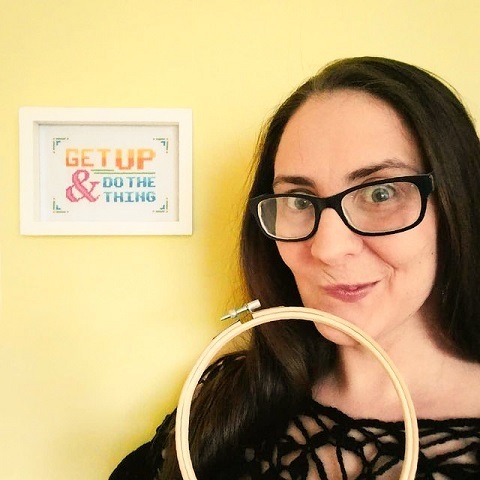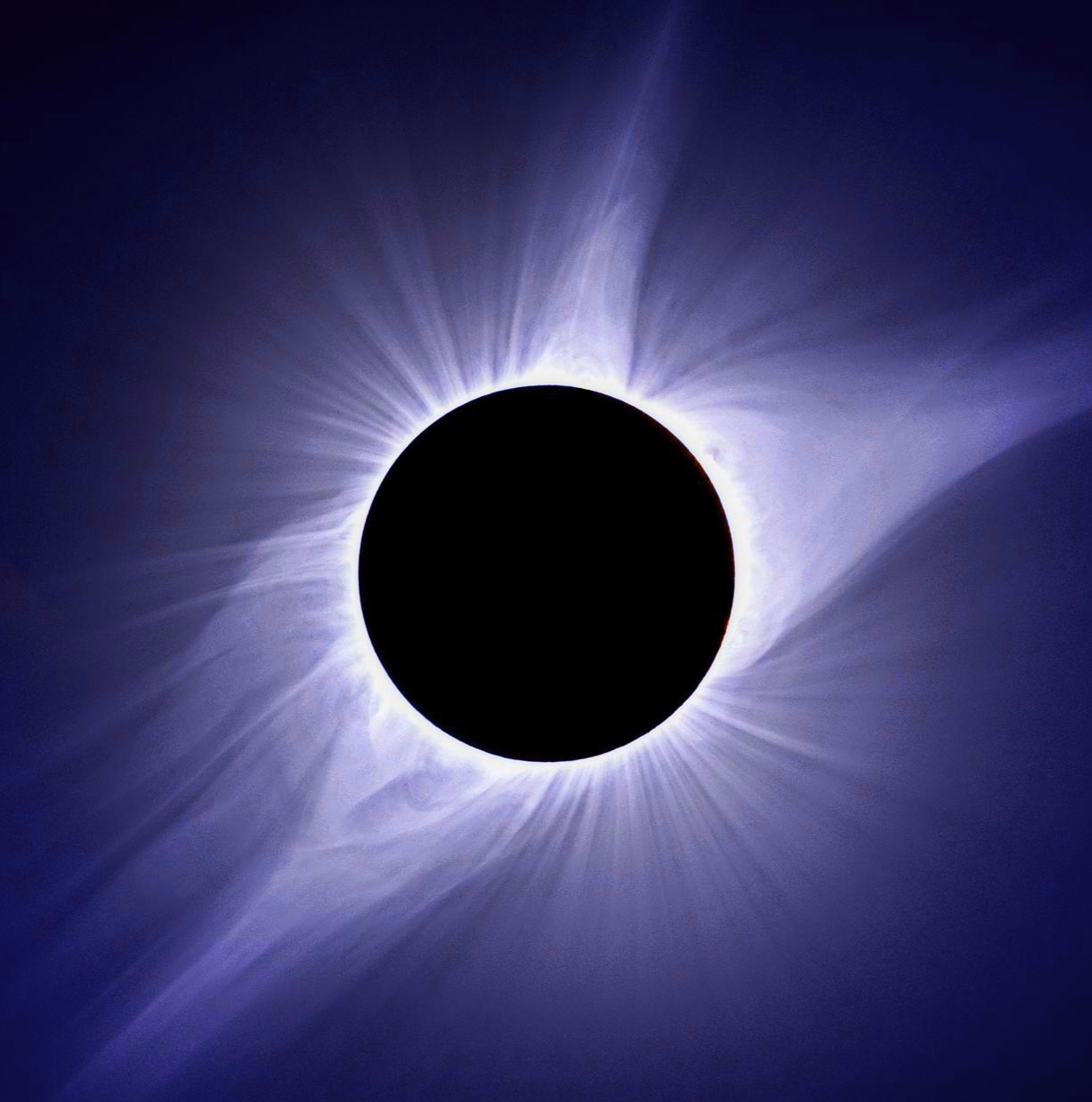I got this book because it seemed like a cool edition of The Foundation Trilogy. I later discovered that it glows in the dark when I turned the lights off to go to sleep.
The Foundation trilogy is absolute peak science fiction and I should definitely re-read it.
I totally agree. This series, along with the original Dune novels, is the bedrock of my love for sci-fi.
I couldn’t disagree more. The writing is absolute cringe.
For some reason I assumed Asimov would be a good writer, maybe because I read his “Last Question” short story a long time ago and thought it was brilliant.
But Foundation reads like it was written by a teenager. He’s obsessed with describing ghee whiz gadgets and doodads that I couldn’t care less about, the prose is plain and boring, and the themes and characters have not aged well. It feels like I’m watching the Jetsons, except it’s not at all quaint.
I was hoping to be able to look past all this and get lost in the epic scale of the story and universe he purportedly builds, but it just wasn’t there for me.
@nikt @norbert@kbin.social I agree Foundation and its associates are not very well written. But the sequel Foundation’s Edge (1982) is brilliant. He’s a whole different writer. From the same period there are The Robots of Dawn (1983) and Robots and Empire (1985). I especially like the almost philosophical discussion, in Robots and Empire, between two robots about the meaning of Asimov’s great invention, the laws of robotics.
Sounds like you’re kinda more after something a little less hard? Asimov is very much the quintessential “this could’ve been an essay” hard sci-fi author (though I will say, imo The Mule is a great character)…but then again I’d argue most hard hard sci-fi is like that. It’s either an ethics or a speculative engineering/biology essay under the veneer of a story. It doesn’t matter much in a short story because you don’t have to set up anything beyond your core theme but stretching out into something more than 50 pages long can be a bit much for some people.
If you’re after something longform from him that’s not so…jargony, have you tried Caves of Steel? it’s his attempt at writing genre fiction and at least I think it’s pretty good. It’s a murder mystery set in his general universe (though way before the Empire and everything) and tries to tackle the more social aspects and themes behind robotics.
I loved all of Asimov’s books/stories, I’ve recommended to a number of friends but a few have had the same issues with the foundation books as above.
I thought the scale/short-story history jumping style of the foundation books was a really unique approach to storytelling. I thoroughly enjoyed the series.
😍
Absolutely expected this to be a weird makeup thread from the title. Don’t Lemmy while tired, kids.
Cool! That book cover alone is better than the show 😂
The show is its own thing. It was always going to need to be radically different to work on the screen. That’s what adaptation means.
I’m curious? is it the warm glow of atomic energy?
(or was it ‘the warm glow of radiation’?)
The series believes nuclear is the end all of energy sources, so I would say it’s probably radiation.
That was the context times they were in. Nuclear sciences were new, and miraculous; but they didn’t quite know how dangerous it was to be around, so Asimov envisioned it was safe to have tiny little nuclear reactors powering personal shields around one’s neck
But how do we know that the assumption is not them having perfect nuclear shields? To be fair, besides fusion, our most powerful source of energy is still nuclear. And fusion is not close to being practical yet.
Because of the comments about the “glow” of radiation and such like.
It’s commonly forgotten that humans can actually see X-rays- before people knew how dangerous it was, it was common for researchers to see it. The glow is literal- In low light with enough intensity, yiu can see a hazzy bluish glow when an X-ray source is on the other side of, say, a wooden door.
The thing is, at that level of intensity… well it’s very much not good for us
I have the whole set of 7 books I’ve been reading through, do people mainly only focus on the first 3?
They just happened to be first and then the others were written later. I have the other books as well, but not as a set.
I had to take a break around book five. I just finished do androids dream of electric sheep, yesterday I started Neuromancer.
Neuromancer is so damn good! Basically the beginning of the cyberpunk genre.








